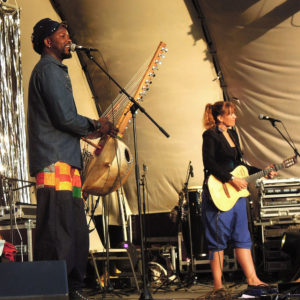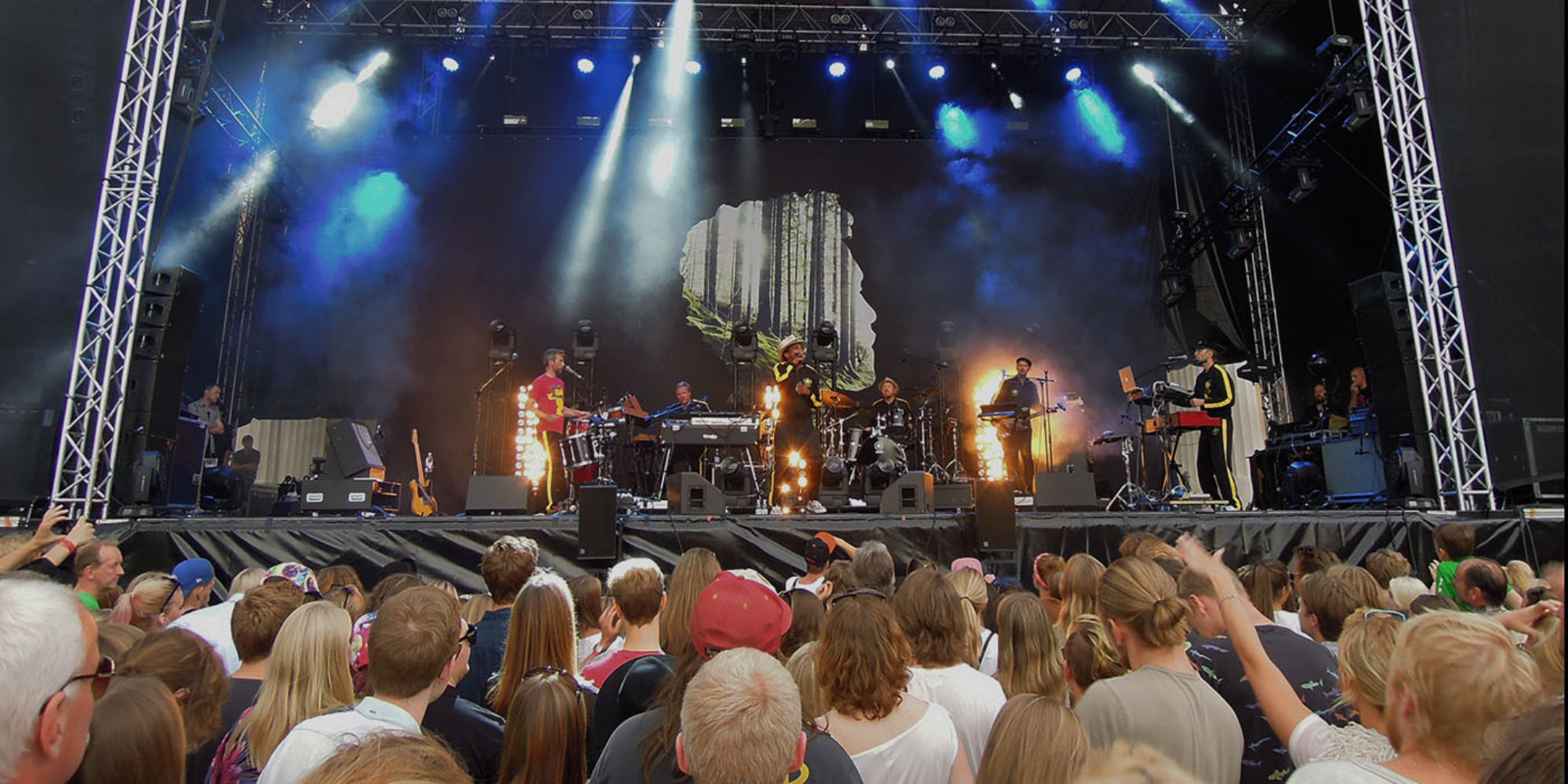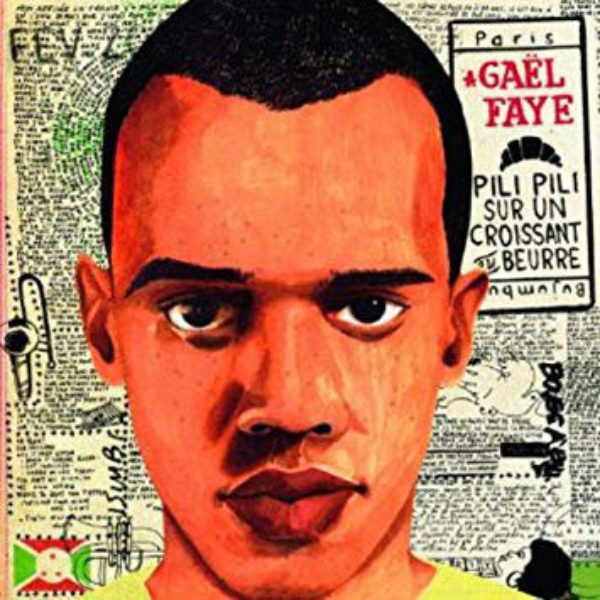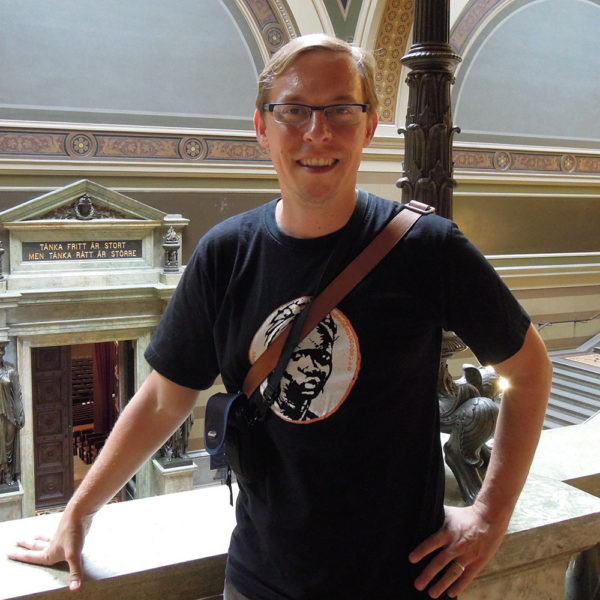
Afro-Sweden? Who knew? Over the past 60 years, a number of musicians from Africa and its diaspora have come to base themselves, or have been born, in Sweden. And recently, they have emerged as a collective voice in Swedish society. From the acoustic Mande folk of Sousou and Maher Cissoko, to the kaleidoscopic hip-hop of Timbuktu, and the smooth soul-pop of Swedish-born, Gambian-descended Seinabo Sey, there’s definitely something happening in Scandinavia. On this program we speak with and hear recent music from a wide range of African and diasporic artists in Sweden, and get context from ethnomusicologist Ryan Skinner, who has immersed himself deeply in the Afro-Swedish scene for the past 15 years.
Produced by Banning Eyre and Ryan Skinner.
Originally aired Oct 18, 2018











